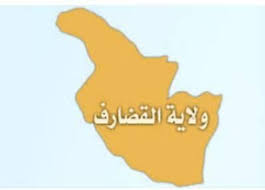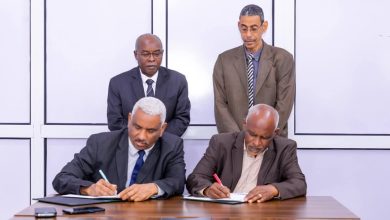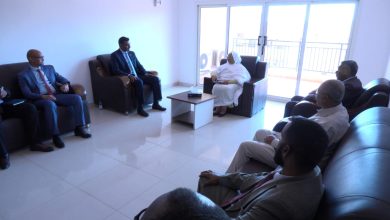Economic
Emergence of “Kasr” Transactions in Al-Gadarif

Sudan Events – Reports
Ahmed Babiker Shula, a member of the steering committee for farmers in Al-Gadarif state, revealed the emergence of “Kasr” transactions in crop markets. He considered this as exploitation of farmers’ needs amidst the severe cash shortage and monopolization of burlap and packaging equipment by some traders. He pointed out that the monopolization of burlap caused the price of a bale to rise to 1.5 million Sudanese pounds, compared to 900,000 pounds previously. He called for market regulation, price control, and combating traders who set exorbitant profits.
Shula urged authorities in a press statement to secure the harvest from theft and looting in northern and southern Al-Gadarif. He also called for an end to the transgressions of herders in the villages and areas adjacent to Al-Gadarif with Al-Jazirah, Sennar, and Khartoum.
Meanwhile, economic expert Moatasim Haroun urged the implementation of clear and feasible policies considering the economic and security situation in Sudan, including an immediate announcement of floor prices. Haroun stressed the need to provide crop protection supplies, equipment, fuel, burlap, and packaging materials through banks and transport them to production areas. He emphasized the importance of monitoring markets and alternative markets to the stock exchange to prevent the monopolization of sesame. He also highlighted the need to support Al-Gadarif in securing the harvest season and preventing crop smuggling to neighboring countries.
Sesame harvest operations have begun in an area of 1.2 million acres in Al-Gadarif state amidst obstacles such as labor shortages and rising packaging material prices. A total of 9.5 million acres of various crops were planted in Al-Gadarif during the current summer season, the largest area ever cultivated in the state due to the influx of farmers from active conflict zones.
Babiker Shula noted that “the sesame harvest, expected to yield a high output, faces complications and challenges,” including the closure of the Gallabat border crossing between Sudan and Ethiopia due to the conflict between the federal army and Fano militias, preventing the arrival of seasonal labor from Ethiopia to Al-Gadarif. He called on state institutions for quick intervention by obliging banks to finance the sesame harvest, as well as providing burlap and equipment.
Sesame production in Al-Gadarif reached two million bags in the previous summer season from an area of 650,000 acres, with the highest price for a quintal of sesame—100 pounds—reaching 98,000 Sudanese pounds in local markets.



